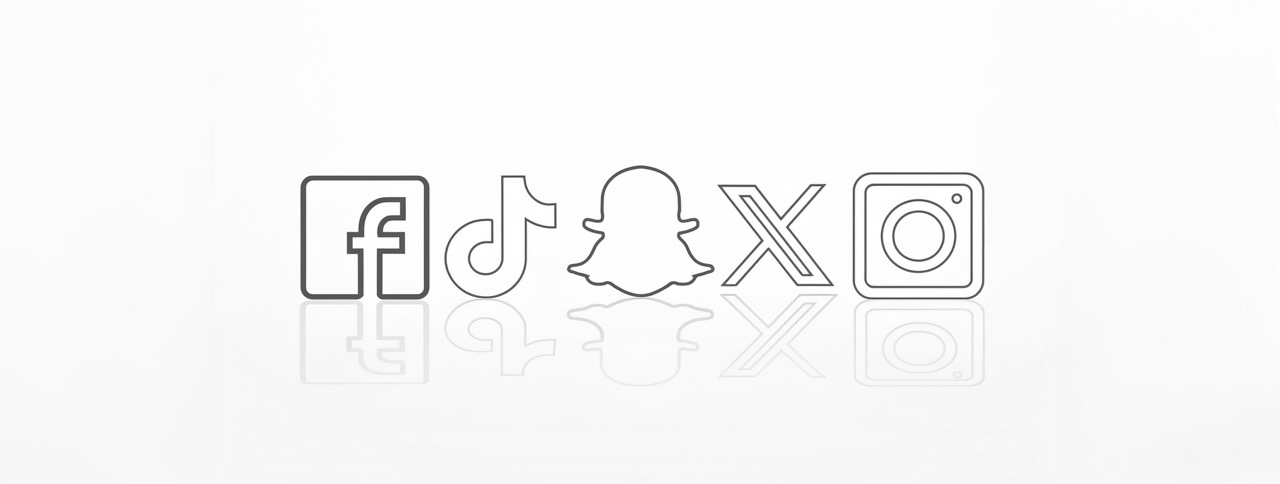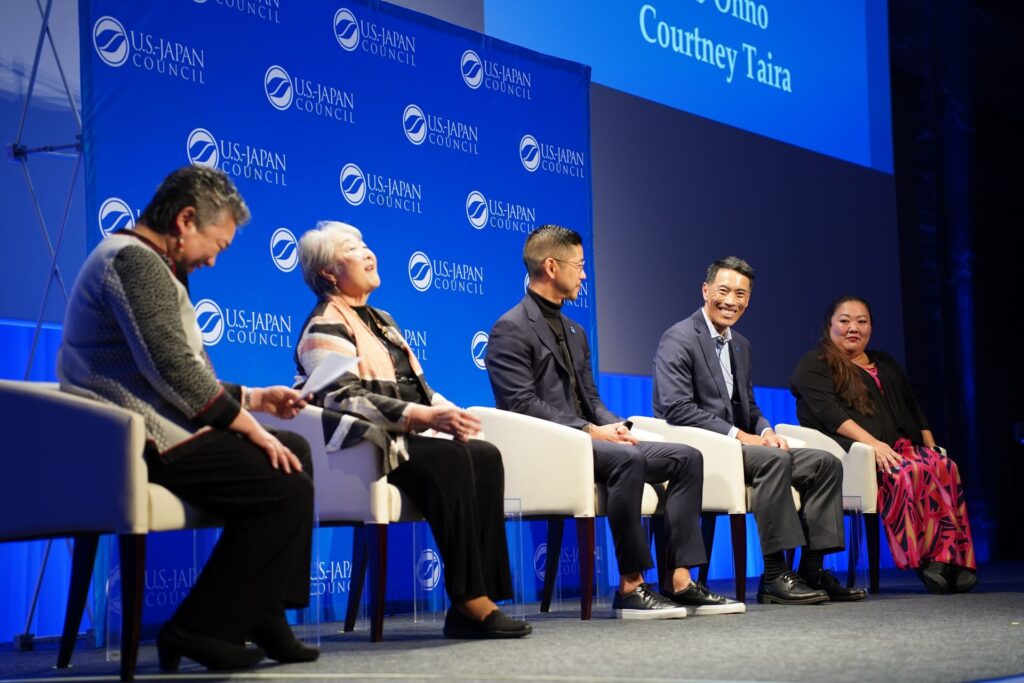Social Selves: Navigating Identity in the Digital Age
| By Miles Hubbard |
Social Media’s Role in Shaping Modern Identity
Over the past two decades, social media platforms like Facebook, Instagram, Twitter, TikTok, and others have emerged as influential forces shaping how individuals perceive themselves, construct their self-image, and interact with the wider social world. The multifaceted nature of social media’s influence encompasses individual self-presentation, group identity formation, and shifts in broader societal values. This transformation has ignited substantial discourse around the impacts of social media on contemporary self-identity, personal expression, and societal norms.
The Concept of the Curated Self
Social media encourages users to craft and present an idealized version of themselves. Through carefully selected posts, curated images, and strategically timed updates, individuals control how others perceive them. Scholars refer to this phenomenon as the “curated self”—the selective sharing of life experiences and personal attributes to project a polished or aspirational identity.
Author Sherry Turkle, in her book Alone Together, argues that this process of self-curation can create a rift between the public persona and private self. Individuals may become so consumed with presenting an idealized version of their lives that they lose touch with their authentic identities. This disconnect, Turkle notes, can lead to feelings of anxiety and loneliness, as people grapple with reconciling their digital and physical selves.
Conversely, curating one’s social media presence affords greater agency in self-expression. People can highlight facets of their identity that may be harder to convey in face-to-face interactions. Social media empowers marginalized groups—such as LGBTQ+ individuals, ethnic minorities, or persons with disabilities—with a platform to construct and share identities often overlooked or misconstrued in traditional media. This process of crafting an online persona leads us to view identity itself as a type of performance.
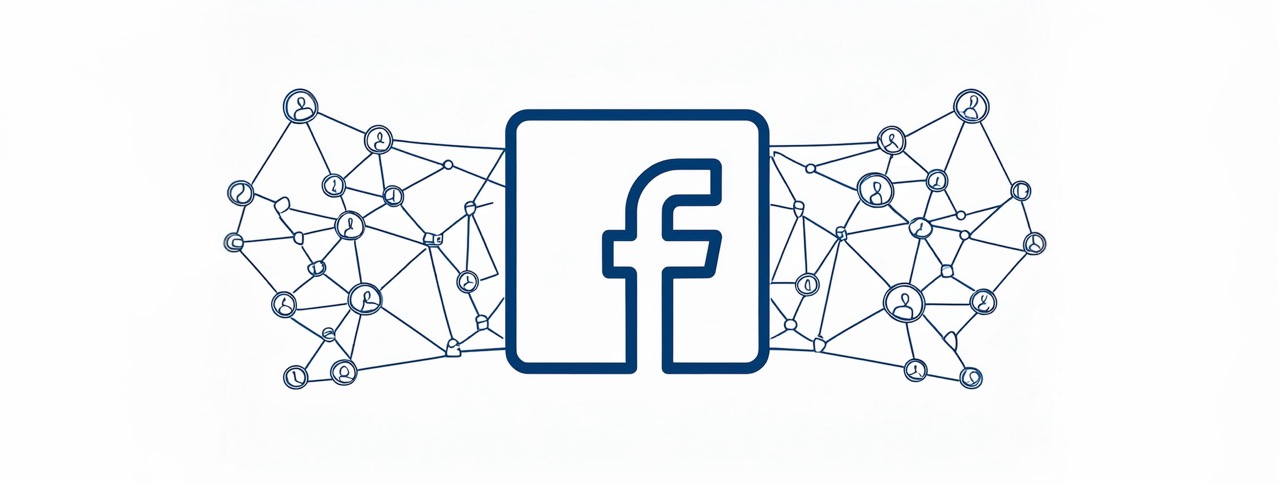
Social Media and Identity Performance
The idea of identity as a performance is central to understanding how social media shapes modern identities. Erving Goffman’s theory of dramaturgy, which posits that individuals present different “selves” based on social context, is particularly pertinent here. On social media, users perform versions of themselves for various audiences: family, friends, colleagues, and even strangers. This performance is often influenced by feedback loops, such as likes, shares, comments, and follows, creating a sort of “social currency” that reinforces specific behaviors and attributes.
Research has shown that the desire for peer approval can heavily influence how individuals present themselves online. According to a study by Dr. Glenn Muschert, social media platforms can intensify social comparison, leading users to assess their self-worth based on how they stack up against others. This can result in “social validation” behaviors, where people tailor their online personas to match socially desirable or popular norms. In this regard, social media not only molds how people perceive themselves but also shapes how others see them.
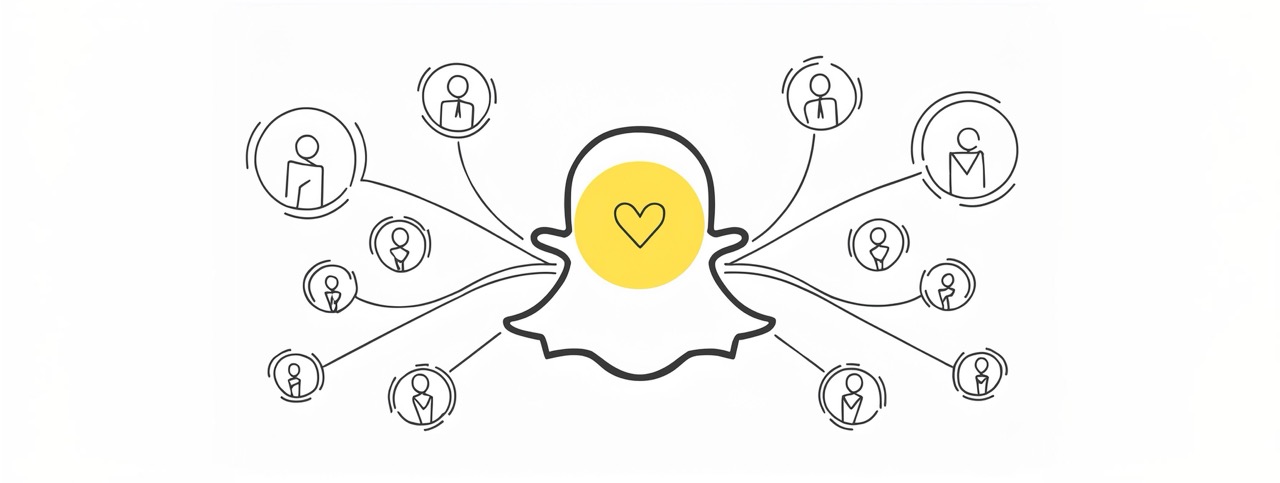
The Role of Social Media in Group Identity Formation
Social media platforms significantly contribute to the formation and strengthening of group identities. Hashtags such as #MeToo, #BlackLivesMatter, and #Pride have enabled individuals to unite around shared experiences and collective causes. These movements illustrate how social media fosters solidarity, raises awareness, and mobilizes people for social change. Marginalized groups benefit from social media as a platform to organize, voice concerns, and advocate for justice in ways that were not possible in the pre-digital era.
Online communities centered around shared interests or ideologies also bolster a sense of belonging. Nancy Baym, in studying digital media and communication, notes that social media facilitates “virtual communities” where individuals engage in self-expression within a collective framework. These communities often extend beyond geographical boundaries, enabling individuals to connect with others who share their values and beliefs, whether political, cultural, or social.
However, the internet also creates “echo chambers,” where people are exposed primarily to opinions that align with their own, thus reinforcing their existing views and identities. Eli Pariser’s research in The Filter Bubble warns of the dangers of algorithmically driven content, which can create information silos and polarize public opinion. In these online spaces, individuals may find themselves further entrenched in their group identities, often at the expense of understanding alternative perspectives.

Social Media and the Changing Landscape of Privacy and Authenticity
As social media continues to evolve, questions around privacy, authenticity, and the commodification of identity have become more pressing. The camouflage of authenticity is one of the paradoxes of social media: while users are encouraged to present their “true” selves, these platforms are simultaneously designed to profit from the data users generate. For example, Instagram and TikTok encourage users to present authentic, raw content through features like Instagram Stories or TikTok’s “real” videos, yet these platforms are also built to track user behavior and sell targeted ads based on personal data.
The dichotomy between presenting a real or “authentic” self and maintaining privacy is a central issue in the age of social media. Zeynep Tufekci, in her book Twitter and Tear Gas, examines how the increasing overlap of personal lives and public platforms complicates the notion of privacy. People now have to carefully navigate what they choose to share about themselves, balancing desires for public recognition with concerns about personal safety and the control of personal information.
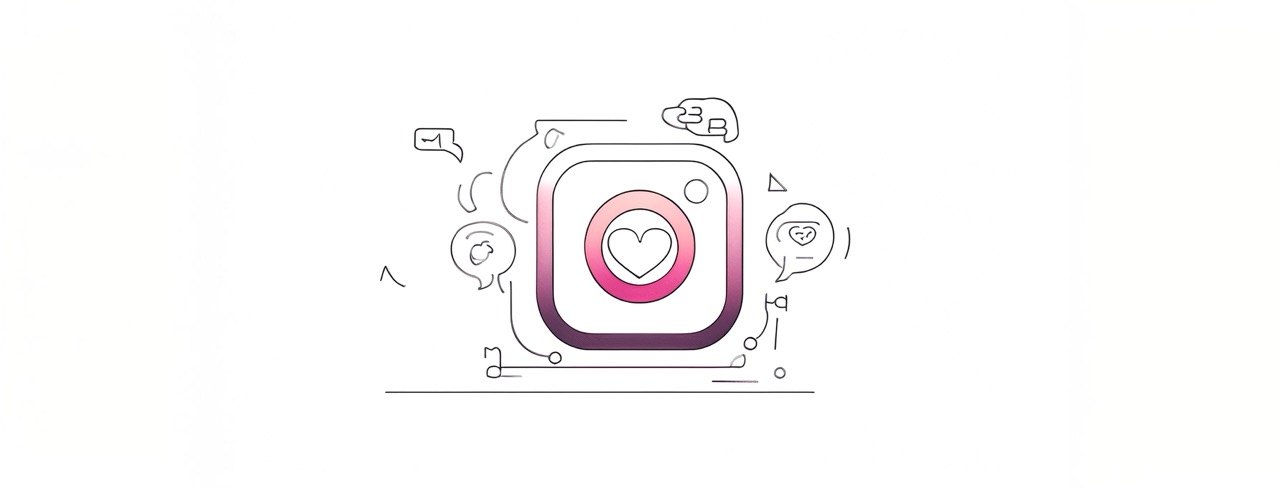
Impact on Mental Health and Well-being
The impact of social media on mental health and well-being is a contentious and rapidly evolving field of study. A growing body of research suggests that while social media can enhance connectivity and provide opportunities for self-expression, it can also contribute to feelings of isolation, depression, and anxiety, particularly among adolescents and young adults. Studies have found a strong link between excessive social media use and lower levels of well-being, as individuals may experience feelings of inadequacy when comparing their lives to the seemingly idealized lives portrayed online.
According to the American Psychological Association (APA), social comparison significantly contributes to social media-related mental health challenges. Prolonged exposure to crafted depictions of happiness, achievement, and physical attractiveness can engender low self-esteem, body image distress, and generalized anxiety. Conversely, platforms like Reddit and Tumblr facilitate spaces where individuals can openly discuss mental health battles, fostering supportive communities that offer empathy and affirmation.
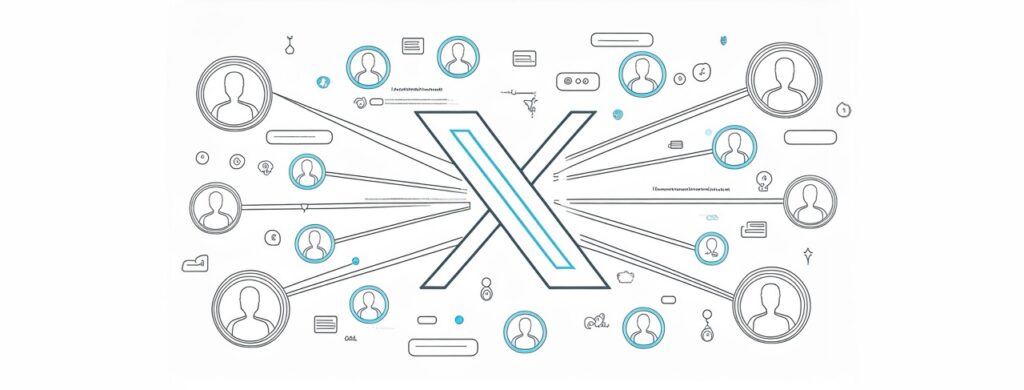
Parting Perspectives: Engaging Mindfully in the Digital Realm
Social media’s role in shaping contemporary identity formation is complex and multidimensional. It provides individuals with powerful tools for self-expression, connection, and community-building, helping to amplify marginalized voices and support social movements. And yet, it also breeds new forms of social comparison, identity performance, and vulnerability, yielding both favorable and adverse repercussions for individuals and society at large. As social media continues to evolve, its impact on identity will likely remain a topic of ongoing inquiry, with the crucial challenge being to balance its potential for self-expression with the risks of alienation, misinformation, and commodification. Ultimately, fostering mindful engagement and critical reflection will be essential for harnessing social media’s transformative potential while safeguarding against its corrosive influences.
The illustrations in this article were created using an AI image generator. All illustrations are ©Intelliwings.

